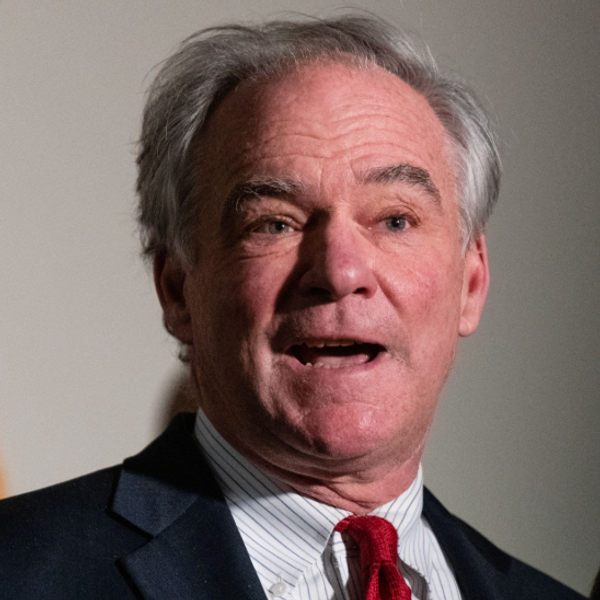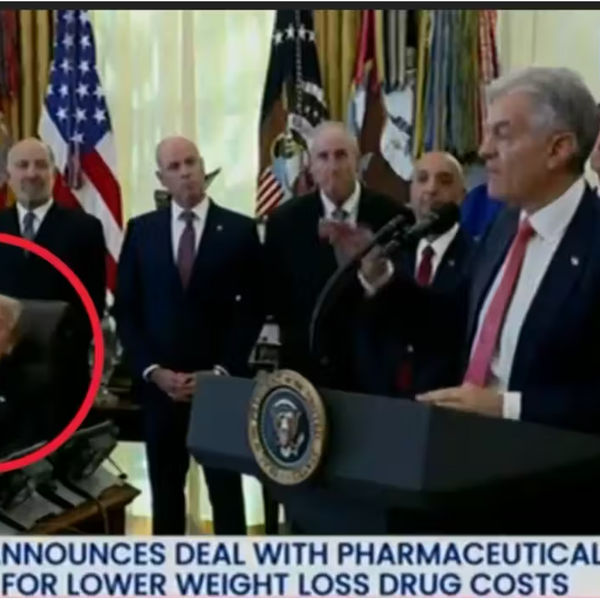
Washington (AFP) – U.S. Senator Ted Cruz (R-TX) stood before hundreds of conservatives and with a pointed jab proclaimed that the small-government movement which sent him to Washington last year is alive and kicking.
“I’m a little bit confused,” he said, the edges of his mouth rising into a smirk. “I could have sworn I read in The New York Times that the Tea Party was dead.”
And with that, America’s most influential — some would argue disruptive — new political force in decades marked its fifth anniversary, reminding Washington it has bounced back from the political tundra to thrust itself to the fore in time for November’s congressional elections.
The grass roots Tea Party movement, which grew out of a “Taxed Enough Already” campaign that launched on February 27, 2009, swept dozens of fresh-faced lawmakers like Senator Rand Paul (R-KY) into Congress the following year on a platform of lower taxes, free-market principles, limited government, fiscal restraint and adherence to the U.S. Constitution.
They rallied against President Barack Obama’s health care proposal, the seemingly never-ending federal bailouts, and skyrocketing national debt.
The “Tea Party” name comes from the Boston Tea Party of 1773, a famed act of American colonial defiance that served as a protest against taxation.
But the movement has created a rift in the Republican Party. 2012 saw their political stock tumble, when some of their favored candidates botched their House and Senate campaigns.
Last year also proved problematic, when a conservative gambit to force a showdown over federal spending resulted in a crippling 16-day government shutdown and accusations that the ploy scarred the Republican brand.
Trouble continued last month when House Speaker John Boehner (R-OH) defied core conservatives by introducing a U.S. debt ceiling increase with no strings attached.
And yet Tea Party-backed lawmakers insist today they remain at the forefront of a conservative grass roots revolution.
“It’s time for our moment,” Senator Mike Lee (R-UT), a close Cruz ally, told Tea Party followers gathered in a Washington hotel ballroom.
While stressing that a “gap” exists between the Republican conservative base and political leadership, he acknowledged that the Tea Party needs to craft a cohesive message — not just antagonize establishment Republicans or throw barbs at Obama and his Democrats.
“To deserve victory, conservatives have to do more than just pick a fight,” said Lee, who ousted a Republican incumbent senator in 2010 in one of the Tea Party’s more stunning victories.
“We have to win a debate, and to do that, we need more than just guts; we need an agenda.”
That plan, according to Tea Party co-founder Jenny Beth Martin, will include efforts to confront National Security Agency and Internal Revenue Service abuses and repeal Obamacare.
“Our work is more vital than ever,” she said. “Today, there is hardly a political conversation that doesn’t mention us.”
That assessment may not be far off. The Tea Party’s rise “is the most important development in politics since the advent of the Reagan Democrat,” Craig Shirley, who has written books on president Ronald Reagan, told the Washington Times.
But many centrists and Republican leaders have treated the Tea Party as an annoyance, including Boehner, whom some in the movement are seeking to oust.
Asked for his thoughts on the group’s anniversary, Boehner was generous, saying he has “great respect for the Tea Party and the energy they’ve brought to the electoral process.”
The feeling is not always mutual. Former U.S. Navy navigator Charles Anderson, 79, blasted Boehner and others in leadership as “traitors to the Republican Party” for not standing up to Obama on fiscal issues.
The movement’s clout will be put to the test from next week, when Tea Party candidates will begin squaring off against establishment Republicans in House and Senate primaries.
While those challenges may further fuel the Republican rift, many say bring it on.
“We are not for sale, and we are not going away,” congressman Tim Huelskamp said.
Photo: Andrew Burton via AFP








